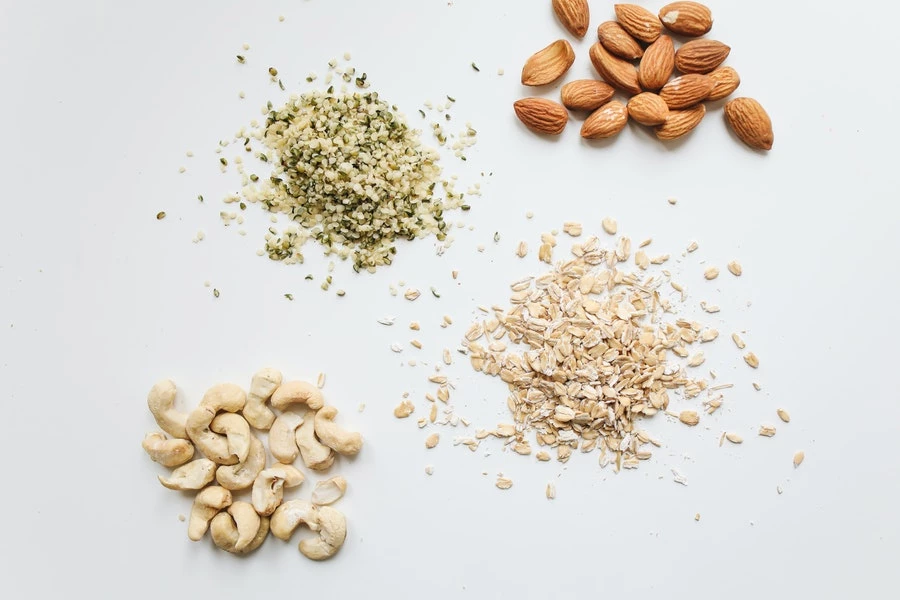
Zinc strengthens the immune system — this is a scientifically proven fact. Zinc supplements are exactly what doctors prescribe for viral diseases. But how to take zinc? What is the daily dose for adults and children? And which foods have the most zinc? Learn about this and the added benefits of zinc for the body.
Characteristics Of Zinc
Zinc is a nutrient that is involved in many processes in the body and is part of most enzymes. A person can receive it only with food or supplements. Zinc can be used in the form of capsules, and it is possible to order Delta 9 products online alongside them.
There is a fairly large list of products that include this element:
- mollusks (oysters, crabs, lobsters, mussels);
- meat (pork, lamb, beef, chicken, turkey) and eggs;
- legumes (lentils, chickpeas, beans);
- nuts of various kinds and pumpkin seeds;
- mushrooms;
- whole grains (quinoa, oats, brown rice);
- some vegetables (beets, cabbage, asparagus, peas);
- dairy products (cheese, yogurt, milk).
The human body absorbs zinc faster and easier from animal products. Most of it is found in oysters.
Daily Norm Of Zinc
Scientists recommend taking it in the following quantities:
- 11 mg — for men over 19 years;
- 8 mg — for women over 19 years.
As for children, the daily intake of zinc depends on age and is:
- 2 mg — for children from 0 to 6 months;
- 3 mg — for children from 7 months to 3 years;
- 5 mg — for children from 4 to 8 years;
- 8 mg — for children from 9 up to 13 years;
- 9-10 mg — for adolescents over 14 years.
A maximum of 40 mg of zinc per day is allowed. Exceeding this dose causes side effects.
Benefits Of Zinc
Regulated zinc intake can help avoid many diseases. Therefore, zinc has the following properties:
- Improves immunity. This element activates T lymphocytes and accelerates the transmission of signals between cells of the immune system, as a result of which the body responds quickly to the pathogen and begins to fight it.
- Promotes wound healing. The skin contains 5% of zinc of all its amount in the human body. It is involved in the synthesis of collagen, and ulcers, burns, wounds, and other skin lesions are deficient in this element. Therefore, Zn is part of wound healing agents and is actively used in medicine.
- Promotes the normal functioning of the gastrointestinal tract. If a person takes with food and supplements the normalized amount of Zn, the likelihood of any abnormalities of the gastrointestinal tract is extremely low.
- Strengthens bones. It is believed that calcium is directly related to bone strength. But zinc is no less important for maintaining bone mass and strength. Low Zn consumption can lead to bone fragility and weight loss.
It is difficult to overestimate the importance of zinc for the human body. Zinc is the second most abundant trace element in the human body, in the first place is iron. In addition, it is part of more than 100 enzymes involved in metabolism, digestion, and many other processes.








